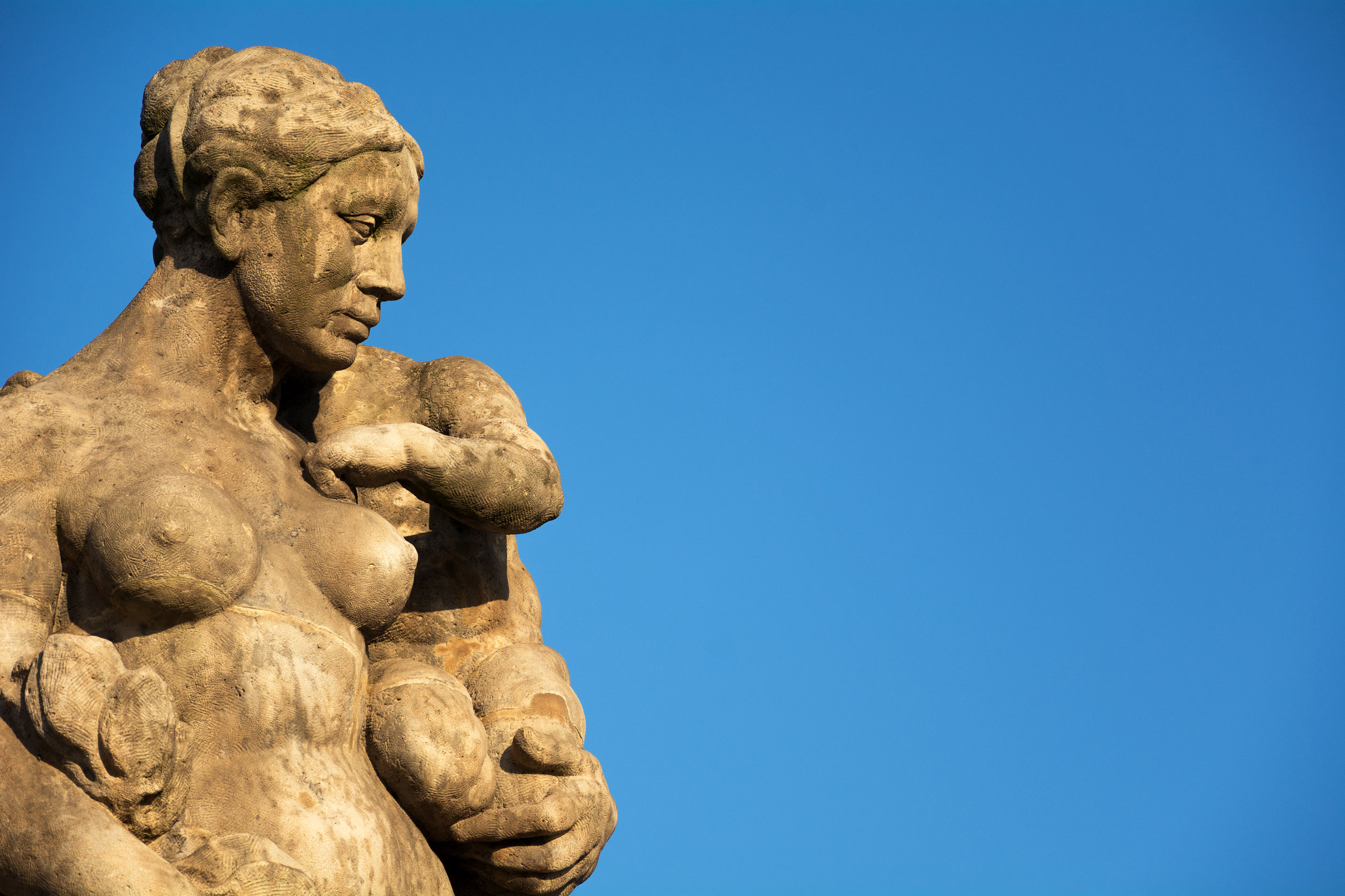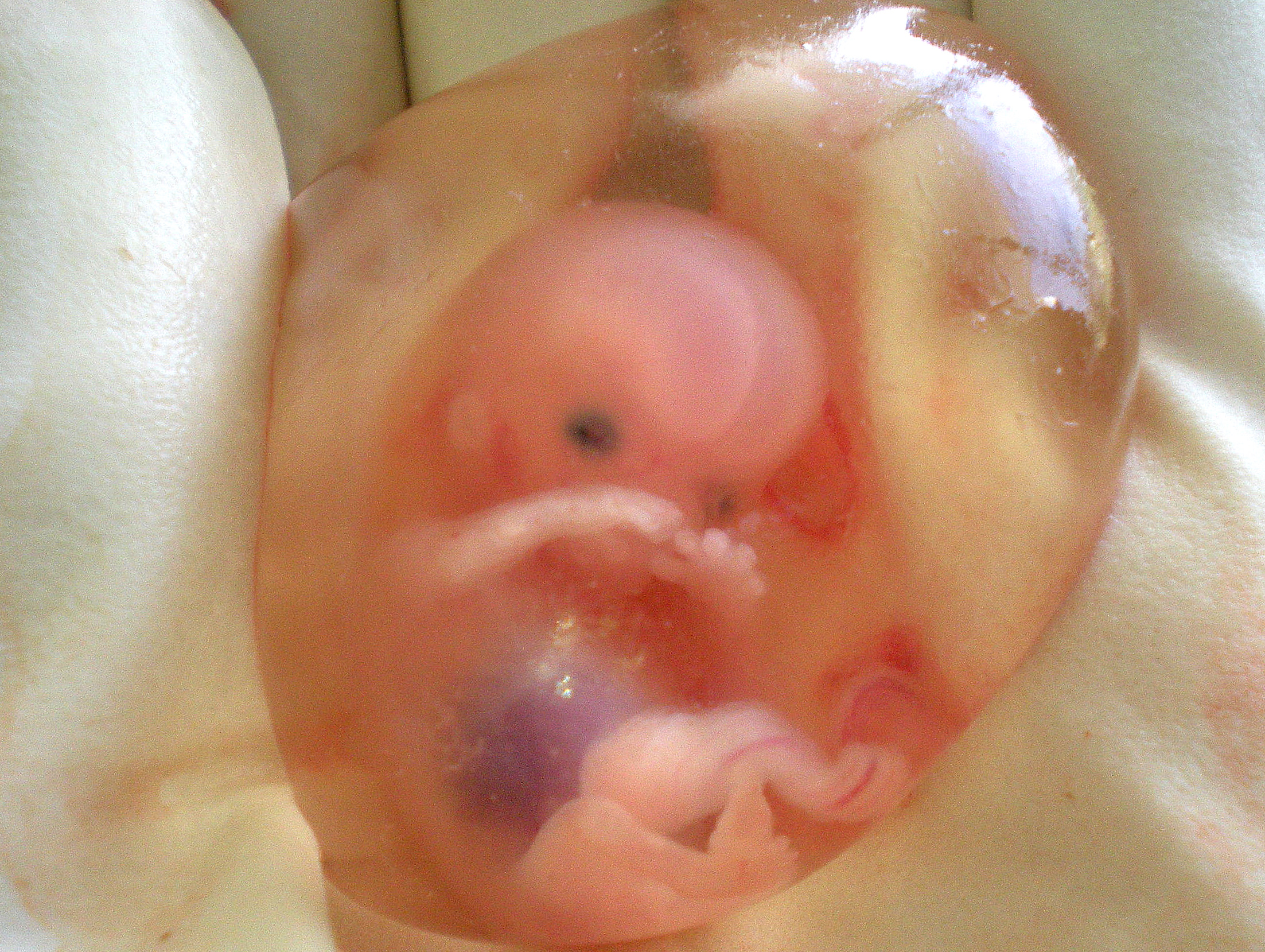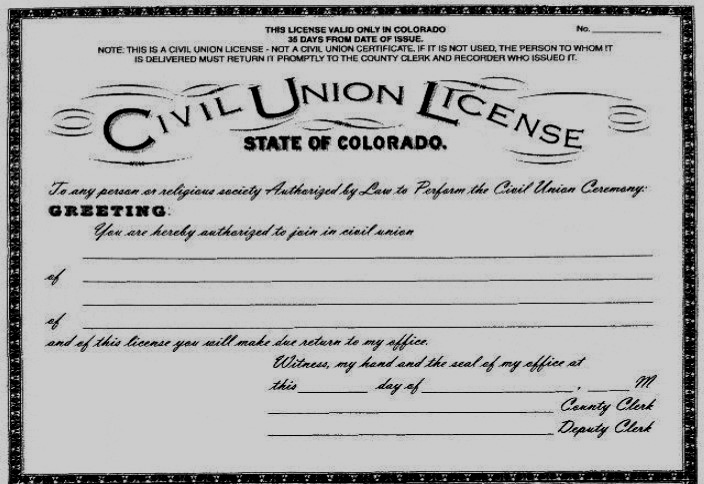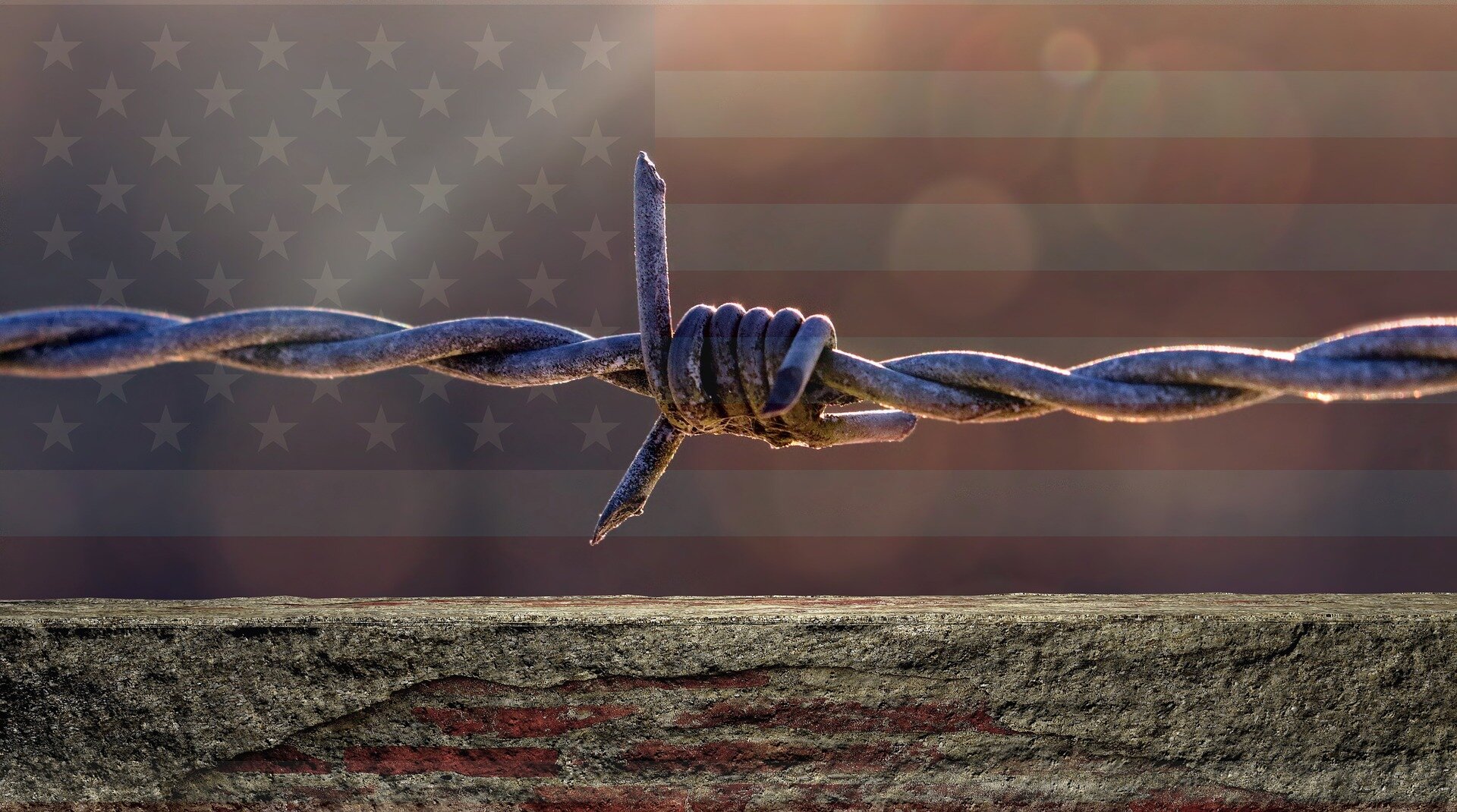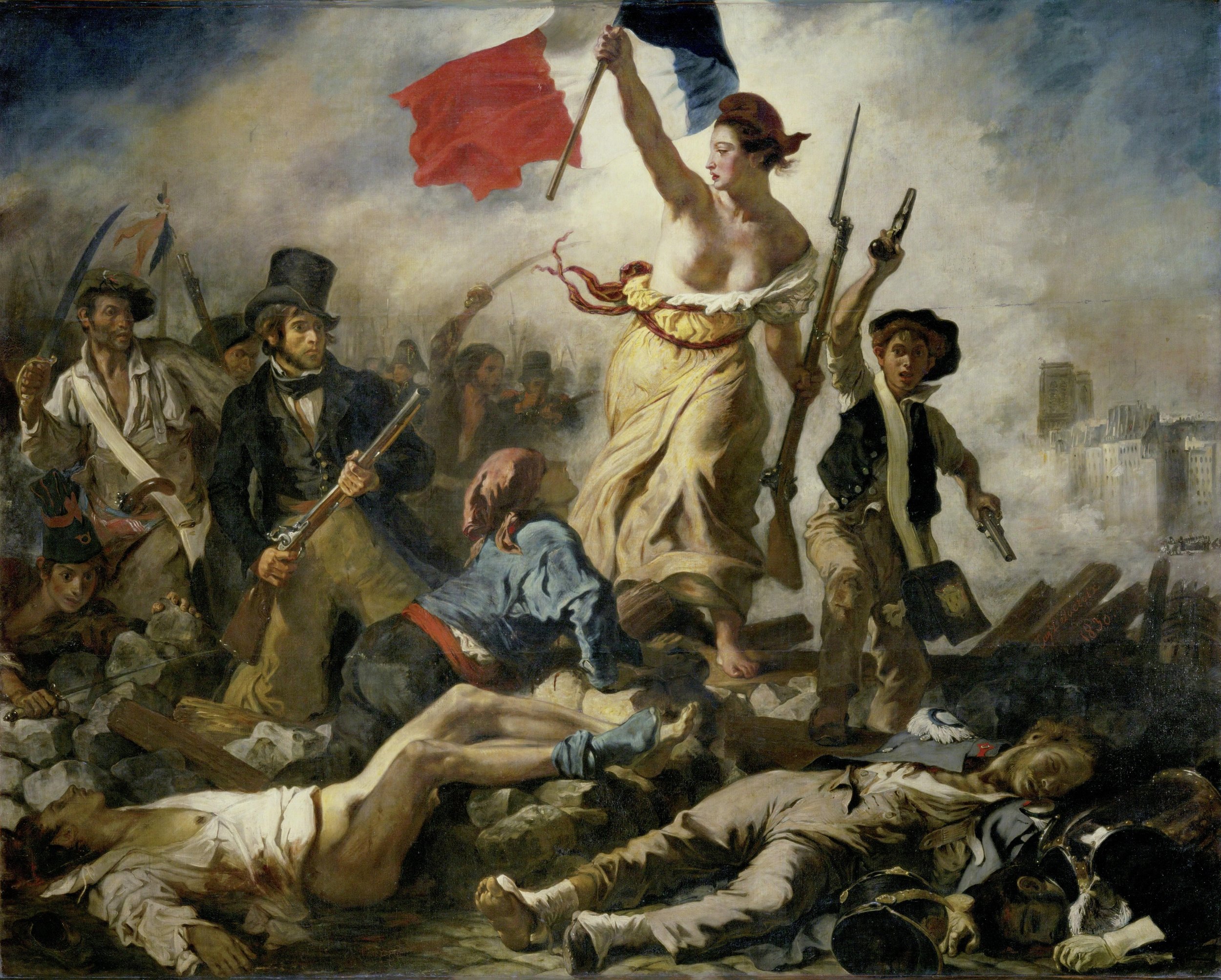Relational Personhood
A Christian Restorative Justice Critique of Individualism
Photo credit: Martin Vorel | Public Domain, Libreshot.
Introduction
These resources explore theological and other reasons for why human personhood is fundamentally and irreducibly relational. This stands in contrast to the Enlightenment idea that personhood is individualistic.
Messages and Resources on Relational Personhood, or Critiques of Individualism
Human Dignity: Does Every Individual Matter?
A long essay arguing that science, philosophy, existentialism, and other belief systems do not support the view that every human being matters; only a robustly Trinitarian Christian faith anchored in the patristic formulation of medical-ontological atonement can. A 30 - 40 minute read.
Christian Faith, Not Secularism, as the Basis for Political Pluralism and Economic Progressivism
A brief outline explaining from both biblical texts and early church precedent why Christian faith leads to a political posture of human rights without theocracy. There is a vision for relational obligations, and principled respect for other religions.
Why Question Atheism from a Political and Moral Perspective?
A presentation on how the Enlightenment tradition gave birth to racist liberal democracies on the one hand, and Marxist communism/state-capitalism on the other. The Enlightenment tried to dethrone Christian faith from political theory and the Christian church from political power. Thus, the ideology of the individual and the nation-state went to these two extremes, colored by the presumption of cultural, intellectual, and spiritual superiority that Europeans had about themselves.
The Problem of the Body for the Liberal Theory of Personhood: Your Body is Not Just Your Own
A message from 1 Corinthians 6:18 - 20 highlighting how the individualistic view of human bodies does not account for human relationality and relational obligations
Future Writings:
The Permeable Self and the Challenge to the Enlightenment Vision of the Autonomous Individual: Reflections on Demonic Influence as Portrayed by Evagrius of Ponticus and C.S. Lewis (TBD)
The Problem of Obligation for Liberal Contract Theory: You Don't Choose Your Parents, Country, or Descendants But Have to Honor Them Anyway (TBD)
The Problem of Overlapping Personhood: Why Secular Liberalism Struggles with Parenting, Dependence, Abortion, Bioethics, and Racial Injustice (TBD)
The Problem of Addiction for the Liberal Theory of Individual Choice: An Argument for Virtues Over Rights (TBD)
The Encumbered Self vs. the Autonomous Self: My Reflections on Michael J. Sandel's Invitation to Doing Public Justice (TBD)
Why Progressive Christians Should Critique the Left, Not Just the Right (TBD)
Other Resources on Relational Personhood, or Critiques of Individualism
Benedict Carey, Who's Minding the Mind? New York Times, Jul 31, 2007.
Su, Rounds, Armstrong, Men and Things, Women and People: A Meta-Analysis of Sex Differences in Interests. Psychology Bulletin, Nov 2009.
John Cloud, Epigenetics: Why Your DNA Isn't Your Destiny. Time, Jan 6, 2010.
Center for Disease Control, Adverse Childhood Experience Study. Studies published from 1998 to 2011.
William F. N. Chan, et.al. Male Microchimerism in the Human Female Brain. PLOSone, Sep 26, 2012.
Joshua Lang, Awakening. The Atlantic, Jan 2 2013. on consciousness
Daniel Reisel, The Neuroscience of Restorative Justice. TED talk, Feb 2013.
Lucina Suarez et.al., Neural Tube Defects on the Texas-Mexico Border: What We've Learned in the 20 Years Since the Brownsville Cluster. Clinical and Molecular Teratology, Sep 3, 2012. A study of the unusually high incidences of a specific fetal anomaly: anencephaly. This condition raises the question of whether God ensouls the fetus without a brain or functional nervous system. It raises the question of relational personhood acutely: If a pregnant mother is missing key nutrition, in this case folic acid, how might the fetus be impacted?
David Chalmers, How Do You Explain Consciousness. TED talk, Mar 2013.
Dan Hurley, Grandma's Experiences Leave a Mark on Your Genes. Discover Magazine, Jun 11, 2013.
Giulio Tononi, Consciousness and the Brain. video, Oct 2013.
Janeen Interlandi, The Toxins That Affected Your Great-Grandparents Could Be In Your Genes. Smithsonian Magazine, Dec 2013.
Richard Gray, Phobias May Be Memories Passed Down in Genes from Ancestors. Telegraph UK, Dec 1, 2013.
Alanna Ketler, This Study Will Make You Think Twice About Who You Are Getting Into Bed With. Collective Evolution, Mar 18, 2014.
Colin Schultz, Pot Smokers' Brains Are Different. Smithsonian Magazine, Apr 17, 2014.
Emma Innes, How the Trauma of Life is Passed Down in SPERM, Affecting the Mental Health of Future Generations. Daily Mail UK, Apr 23, 2014.
Christopher Bergland, Social Disadvantage Creates Genetic Wear and Tear. Psychology Today, Apr 15, 2014.
Michaeleen Doucleff, Mom's Diet Right Before Pregnancy Can Alter Baby's Genes. NPR, Apr 29, 2014.
Sam Kean, Phineas Gage: Neuroscience's Most Famous Patient. Slate, May 6, 2014.
Jesse Singal, How Fairness Makes Our Brains Tingle. New Yorker Magazine, Oct 20, 2014.
Eileen Shim, Scientists Have Discovered an Activity Just as Pleasurable as Sex, Drugs and Gambling. Mic, Oct 28, 2014.
Sara Reardon, Gut-Brain Link Grabs Neuroscientists. Nature, Nov 12, 2014.
Judith Shulevitz, The Science of Suffering: Kids Are Inheriting Their Parents' Trauma. Can Science Stop It? New Republic, Nov 16, 2014.
Jeff Jacoby, Number of Two-Parent Families Drops, and Economic Inequality Grows. Boston Globe, Nov 30, 2014.
Robert Martone, Scientists Discover Children's Cells Living in Mother's Brains. Scientific American, Dec 4, 2014.
Yudhijit Bhattacharjee, Baby Brains. National Geographic, Jan 2015. - on the first year of a baby's development
Slavoj Žižek, Democracy and Capitalism Are Destined to Split Up. Big Think, Jan 7, 2015. Capitalism is brutally efficient and no longer needs democracy for its functioning. Problems of commons – ecology – which reflect the ground of our being need to reinvent large scale solutions.
Margaret Talbot, The Talking Cure: The Poorer Parents Are, the Less They Talk With Their Children. The New Yorker Magazine, Jan 12, 2015.
Tim Wright, Boys and Girls Emote Differently - Can't We Be OK With That?. Patheos, Jun 5, 2015.
Ross Douthat, The Dying of the Whites. New York Times, Nov 7, 2015.
Slavoj Žižek, Why There Are No Viable Political Alternatives to Unbridled Capitalism. Big Think, Nov 27, 2016. All 20th century leftist projects came to an end.
Slavoj Žižek, Refugees, Conservatism, and Cultural Incompatibility. Big Think, Dec 4, 2016. What creates and drives refugees? Conflict, political instability, corporate neo-colonialism. What are the effects of refugee settlement? Cultural conflicts. Zizek points out that the cultural individualism of the left does not adequately acknowledge the rights of families, even in the painful situation of daughters who wish to leave Islamic faith and practice
Daniel Cox, Don’t Bet On The Emergence Of A ‘Religious Left’. FiveThirtyEight, Apr 20, 2017. “Only 30 percent of liberals report having a great deal or quite a lot of confidence in organized religion. Half say that religion’s impact on society is more harmful than helpful… Nearly half (49 percent) of liberals under 30 are religiously unaffiliated, according to the General Social Survey, which is more than the number who belong to all Christian denominations combined.” See also Ross Douthat, Save the Mainline. NY Times, Apr 15, 2017) “some of what those congregations offer is already embodied in liberal politics and culture. As the sociologist N. J. Demerath argued in the 1990s, liberal churches have suffered institutional decline, but also enjoy a sort of cultural triumph, losing members even as their most distinctive commitments — ecumenical spirituality and a progressive social Gospel — permeate academia, the media, pop culture, the Democratic Party. But this equilibrium may not last, and it may not deserve to.”
Jillian Kay Melchior, Study: Describing Breastfeeding as ‘Natural’ Is Unethical Because It Reinforces Gender Roles. Independent Women's Forum, Apr 26, 2017.
Katherine Sellgren, Babies with Involved Fathers Learn Faster, Study Finds. BBC, May 10, 2017.
Tracy Chou, A Leading Silicon Valley Engineer Explains Why Every Tech Worker Needs a Humanities Education. Quartz, Jun 28, 2017.
Annie Holmquist, Why Americans Are Such Suckers for Propaganda. Intellectual Takeout, Aug 3, 2017. Holmquist proposes a lack of education, specifically in moral philosophy, history, and critical thinking. She holds up Christians Dorothy Sayers and C.S. Lewis as counterexamples.
D.C. Schindler, Freedom from Reality: The Diabolical Character of Modern Liberty. University of Notre Dame Press | Amazon page, Oct 18, 2017. tremendous social commentary of Western individualistic freedom by a Catholic philosopher
Will Storr, Selfie: How We Became So Self-Obsessed and What It's Doing to Us. Henry N. Abrams | Amazon page, 2017. See review by Sean Illing, How the West Became a Self-Obsessed Culture. Vox, Mar 5, 2019.
Conor Friedersdorf, Why Can't People Hear What Jordan Peterson Is Saying? The Atlantic, Jan 22, 2018.
Natasha Singer, Tech's Ethical Dark Side: Harvard, Stanford and Others Want to Address It. New York Times, Feb 12, 2018.
Eliane Glaser, We Went Too Far in Toppling Authority. Some Is Good For Us. The Guardian, Apr 9, 2018.
Sean Illing, How the West Became a Self-Obsessed Culture. Vox, Jul 19, 2018.
Walter G. Moss, Why Conservatives Are Right to Stress Moral Education. History News Network, Dec 30, 2018.
David Noonan, Western Individualism Arose from Incest Taboo. Scientific American, Nov 7, 2019. “Researchers link a Catholic Church ban on cousins marrying in the Middle Ages to the emergence of a way of life that made the West an outlier.” Helpful social science perspective, even though credit for the “incest taboo” is misplaced. Credit must be given to early Christianity and Judaism.
Stephanie Kramer, U.S. Has World’s Highest Rate of Children Living in Single-Parent Households. Pew Research Center, Dec 12, 2019.
Libby Emmons, Can Men Be Denied Their ‘Reproductive Rights’? The American Conservative, Jan 16, 2020. “A new HIV+ sperm bank in New Zealand raises compelling questions.”
David Koyzis, Clash of Idols. Mere Orthodoxy, April 27, 2020. “The Idol of the Progressive Liberals”
Second Thought, America's Stunted Political Spectrum. Second Thought, Apr 24, 2020. Explains the two axis model (economic cooperation vs. laissez-faire competition) and political (authoritarianism and libertarianism) and gives a short, pithy rebuttal of the right-wing claim that Hitler’s fascism comes from the left.
Helen Lewis, How J. K. Rowling Became Voldemort. The Atlantic, Jul 6, 2020. “The backlash against the Harry Potter creator is a growing pain of her fandom.”
Paul D. Miller, Politics Is More Than Abortion vs Character. Mere Orthodoxy, Nov 2, 2020. Miller shifts the conundrum to nationalism vs. progressivism. I would have preferred individualism as the label of the “progressivism” he describes, because he is describing cultural, but not economic, progressivism.
Krystal Ball and Saagar Enjeti, Funky Academic: Why Working Class Should Reject 'Unity' Politics. Rising | The Hill, Nov 12, 2020. Irami Osei-Frimpong gives helpful commentary on how to stitch together political and economic coalitions, over against how boundaries and interests get defined
Heather Cox Richardson, History Chat. Facebook, Sep 9, 2021. Richardson, in this video, traces early US history which undermines the myth of the rational individual: the formation of political parties within a decade of the signing of the Constitution; the formation of the “winner take all” strategy of the Electoral College; the admission of new States in the West; the use of lead paint to color food like lollipops; regulatory laws responding to industrialism.
Gideon Lewis-Kraus, Can Progressives Be Convinced That Genetics Matters? The New Yorker, Sep 6, 2021. “The behavior geneticist Kathryn Paige Harden is waging a two-front campaign: on her left are those who assume that genes are irrelevant, on her right those who insist that they’re everything.”
David Graeber and David Wendrow, The Dawn of Everything: A New History of Humanity. Penguin Books, Oct 19, 2021. Graeber and Wendrow challenge the pessimistic view of humans, that people fought over property and power. See review by Giulio Ongaro, David Graeber Knew Ordinary People Could Remake the World. Jacobin Magazine, Oct 22, 2021. “The Dawn of Everything intellectually dwarfs the likes of Steven Pinker, Jared Diamond, or Francis Fukuyama (and Yuval Noah Harari too). Whenever nonspecialists try their hands at human history, they inevitably end up reproducing the same old myths we have grown up with. Take Pinker: for all his talk about scientific progress, his books might as well have been written at the times of Hobbes, in the seventeenth century, when none of the evidence unearthed recently was available. Graeber and Wengrow casually expose these popular authors’ startling incompetence at handling the anthropological record.”
Emily Jashinsky, The Type Of Inequality Elites Don’t Want To Talk About. Rising | The Hill, Oct 27, 2021. On marriage and childbearing and family formation; but do they need policy encouragement via tax benefits for marriage, or do we need to care about wages, economic hope, etc.?
Editors, Commonsense Solidarity: How a Working-Class Coalition Can Be Built, and Maintained. Jacobin Magazine, Nov 9, 2021. Performs a very important study on people who are politically independent or leaning Democrat. Universal language of economic populism and anti-elitist rhetoric polls better, whereas centering race, disability, etc. does not in the general population, though raising and contextualizing those issues is important. See commentary by Krystal Ball and Saagar Enjeti, Study: AOC's 'Woke' Language Will Never Win Working Class. Breaking Points, Nov 11, 2021. Argues that the Civil Rights issues have largely persuaded the population philosophically. Bernie (populism, name the elite as an enemy) also is more popular over Biden (moderate, unity). Krystal points out college educated urban voters are swayed by race, disability, etc. This means that “woke” messaging on race is a media phenomenon more than a voter phenomenon. This suggests that some working class voters are more politically conscious about economic issues, and how we are connected that way. See also Ryan Grim and Emily Jashinsky, Matt Karp: Working-Class Voters Reject Highbrow Wokeism, Embrace Progressive & Populist Messages. Rising | The Hill, Nov 15, 2021. Grim and Jashinsky discuss with Princeton political historian in an illuminating interview.
Thom Hartmann, Why Getting Pregnant Increases Your Chance of Being Murdered By 16%. Thom Hartmann Program, Nov 16, 2021. A disturbing fact for both the right and the left, because a woman who becomes a mother is not always safe from her male intimate partner, revealing that she does not always have the judgment necessary to act on her long-term self-interest.
Jiwon Choi, Ilyana Kuziemko, Ebonya L. Washington, and Gavin Wright, Local Economic and Political Effects of Trade Deals: Evidence from NAFTA. NBER, Nov 2021. The neoliberal agenda of free trade without an industrial policy devastated American Rustbelt areas, and turned white voters towards Trump in 2016. See commentary by Krystal Ball and Saagar Enjeti, 28 Years Of NAFTA: How It Destroyed Dems, Elected Trump. Breaking Points, Dec 9, 2021. This fact is very important for Democrats and the left because of the tendency to ignore people’s desires for community, e.g. to get married, raise kids, and live near their parents in the town in which they were raised; or to believe that a sense of meaningful work can be completely exchanged for government-provided cash (UBI), health care (Medicare For All), etc.
Patrick Johnson, Couple in India Sue Son for Not Giving Them a Grandchild. BBC, May 12, 2022.
Krystal Ball and Kyle Kulinsky, 50 Years of Dems Abandoning The Working Class. Krystal Kyle & Friends, May 15, 2022. This is a good example of relational personhood because the Democratic Party has failed to analyze power dynamics at work in economic and political structures, due to its embrace of neoliberal ideology.
Paul Kingsnorth, How the Left Fell for Capitalism. Unherd, Jul 5, 2022. “Progressive leftism and global capitalism, far from being antagonistic as some of us once thought, have turned out to be a usefully snug fit. Both are totalising, utopian projects. Both are suspicious of the past, impatient with borders and boundaries, and hostile to religion, “superstition” and the limits on the human individual imposed by nature or culture. Both are in pursuit of a global utopia where, in the dreams of both Lenin and Lennon, the world will live as one. . . The post-modern Left, which has seized the heights of so much of Western culture, is not some radical threat to the establishment: it is the establishment. Progressive leftism is market liberalism by other means. The Left and corporate capitalism now function like a pincer: one attacks the culture, deconstructing everything from history to “heteronormativity” to national identities; the other moves in to monetise the resulting fragments.””
Thom Hartmann, Alarming New U.N. Report Proves Feminists Right - Want to Know What Men Really Think About Women??? Thom Hartmann, Jun 12, 2023.
Linda Coombs, A Nation in Balance: Sovereignty, Earth and the Meaning of Right Relation. Partnership of Historic Bostons, Oct 26, 2024. This Native American approach to defining “freedom” is an important critique of all Western political philosophy. The West defines “freedom” only in terms of people not ruling arbitrarily over people. It does not refer to right relationship with the land.
“Aquinnah Wampanoag citizen, educator and author Linda Coombs on how Native people saw sovereignty as the right relationship to the earth. For English colonists, sovereignty meant control over land – and land meant property. For the Eastern Woodland's Native people, sovereignty meant something very different indeed. In this important and revelatory presentation, Aquinnah Wampanoag citizen, educator and author Linda Coombs delves into the true meaning of sovereignty as being in right relationship to the Earth. She reveals how the Wampanoag people did that for thousands of years before European contact, and recounts the cost of colonization, which caused, and continues to cause, the disruption of our intended lives.”
Richard Beck, The Man of Lawlessness. Experimental Theology, Apr 8, 2025. “I want to unpack this question a bit in relation to the "man of lawlessness" described in 2 Thessalonians. One of the reasons Marxism failed as a political project was because it was premised upon a false anthropology. Marx got people wrong, and because he got people wrong his political and economic vision went awry. By "getting people wrong" I mean how Marx made a fundamental error concerning human motivation. Humans are not solely driven by materialist concerns. Nor do people have an innate altruistic motivation to work for the common good. Lastly, humans do not readily let go of power and wealth. Rather, we are greedy and power-hungry. Simply put, Marx failed to account for human sin and depravity. Marx's overly optimistic and utopian view of human nature doomed communism to failure. In the question I asked last week--Was it utopian of us to believe that the Constitution of the United States, this democratic experiment, could forever resist and conquer human depravity?--I am asking if democracy will also fail, like Marxism, due to an overly optimistic and utopian anthropology.”
Christian Restorative Justice Critique of the Left: Domestic Policy Topics:
The section Critique of the Left engages the following topics:
